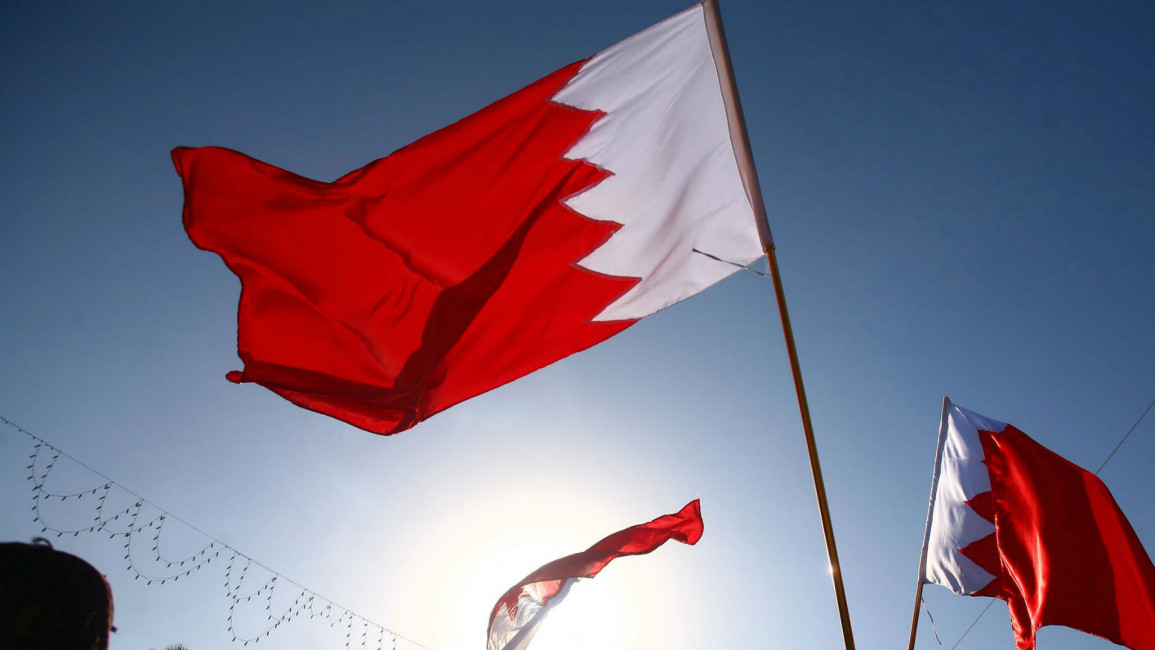Bahrain to reopen Syria embassy in Damascus after UAE move
Bahrain on Friday announced it will resume operations at its embassy in Damascus, reflecting new efforts by Gulf Arab states to improve relations with Syrian regime head Bashar al-Assad as the war winds down.
Bahrain's Foreign Ministry said the reopening of the embassy affirms the importance of continued relations with Syria.
In a statement issued Friday, the ministry emphasized "the Arab role" in preserving Syria's independence and preventing dangerous regional intervention in its affairs - an apparent reference to Iran's strengthened foothold there.
Flights between Bahrain and Syria are operating without interruption, the statement added, without specifying if that had been the case throughout the war.
A day earlier, the United Arab Emirates reopened its embassy in Damascus with a flag-raising ceremony before journalists and camera crews.
Direct flights between Syria and Tunisia also resumed on Thursday for the first time in seven years, as a Syrian passenger flight operated by Cham Wings Airlines arrived at Monastir Habib Bourguiba International Airport.
"An Arab role in Syria has become even more necessary to face the regional expansionism of Iran and Turkey," UAE Foreign Minister Anwar Gargash said on Twitter following the embassy reopening.
Twitter Post
|
The concerted moves come seven years after Gulf Arab states recalled their ambassadors and shuttered their embassies in Syria to isolate Assad, with other Arab states expected to normalise ties with Assad's regime as concerns of Iranian influence in the region grow.
Some of the Gulf states have supported factions of the Syrian opposition during the seven-year conflict, providing arms to various rebel groups in an attempt to counter Iranian support for the Syrian regime.
According to independent monitors, hundreds of thousands of civilians have been killed in the war, mostly by the regime and its powerful allies, and millions have been displaced both inside and outside of Syria.
The brutal tactics pursued mainly by the regime, which have included the use of chemical weapons, sieges, mass executions and torture against civilians have led to war crimes investigations.
In October, Assad told a little-known Kuwaiti newspaper that Syria had reached a "major understanding" with Arab states after years of hostility.
He did not name the Arab countries in the interview, which was his first with a Gulf paper since the war erupted, but said Arab and Western delegations had begun visiting Syria to prepare for the reopening of diplomatic and other missions.
The interview came on the heels of a surprisingly warm meeting between the Syrian foreign minister and his Bahraini counterpart on the sidelines of the UN General Assembly in September. The meeting turned heads because it featured hugs between the two ministers.
Sudan's President Omar Bashir visited Damascus earlier this month, becoming the first Arab head of state to visit Syria since the start of the war.
Syria was expelled from the 22-member Arab League in 2011. Arab countries sanctioned Damascus and condemned its use of military force against civilians.
Agencies contributed to this report.



